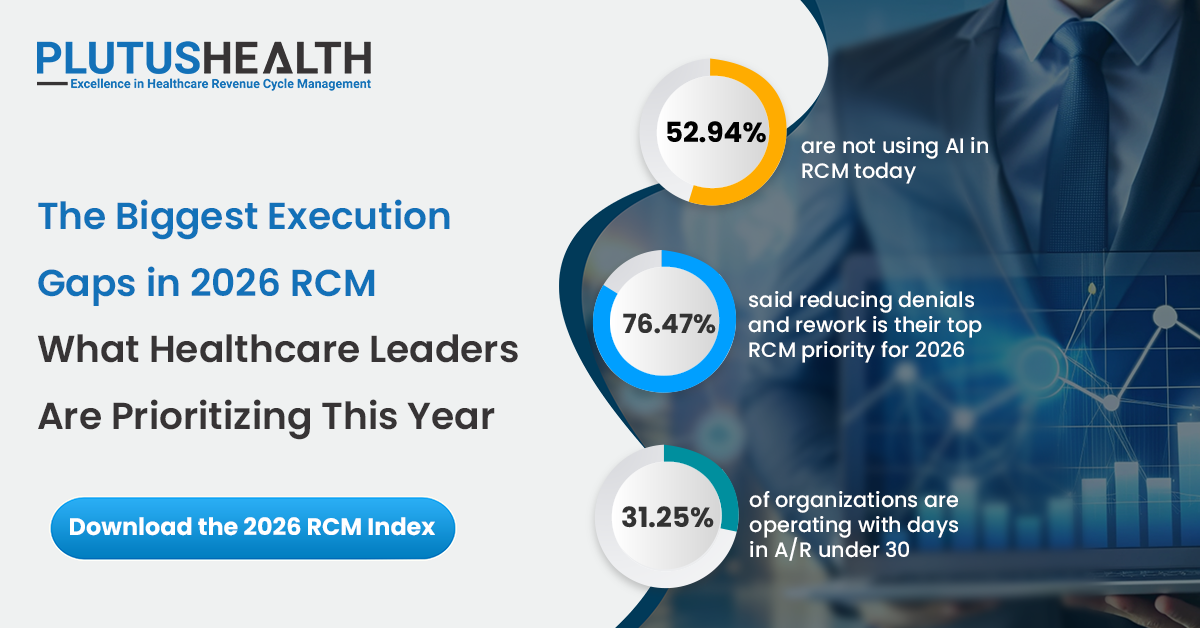Successful management of denials in an ABA setting
Managing of denials in billing is critical in healthcare organizations. Healthcare organizations face many challenges in the form of billing processes and seek to automate them with emerging technologies of Robotic Process Automation (RPA), Artificial Intelligence (AI) and data analytics. Revenue cycle management (RCM) serves as a key functional process that takes care of the financial cycle management in healthcare organizations, and most of the RCM is outsourced to service providers, to enable the Providers to concentrate on healthcare services.
Denial management (DM) is an important critical element for healthy cash flow, and a successful RCM. Healthcare organizations and ABA providers need to determine the cause of denials, mitigate the risk of future denials,and get paid faster.
Typically, DM involves collecting, tracking, reporting,forecasting, measuring claims denied for payments by insurance companies or carriers. An effective denial billing management program enables healthcare providers to better manage revenue losses.
According to Medical Group Management Associating (MGMA), it costs $25-$30 to manage an average denial. A report in 2017 indicated out of $3 trillion worth of medical claims submitted by US hospitals, $262 million worth claims were denied, a 9% denial rate.
Applied behavior analysis (ABA) is relatively new and is facing a bigger challenge when it comes to billing. Billing for ABA is unique, wherein bills need to be submitted weekly across multiple service locations – clinics,schools, homes, communities. ABA is aimed to serve individuals with autism spectrum disorder. Denials in ABA billing needs high attention, and ABA providers need to understand and navigate the process flow of ABA for it to be well integrated into RCM. This will provide effective support to ABA denials management and help to oversee the process that does not have cashflow fallouts in an ever-changing environment.
Last September 2019, the AMA announced that ABA providers will have new reimbursement codes, which will be permanent, and signify that the clinical efficacy of the services has been well documented in research, that meets the American Medical Association (AMA) standards.
Types of Denials in ABA
- Hard denials are irreversible and often result in lost or written-off revenue.
- Soft denials are temporary and can be reversed if the provider corrects the claim or provides additional information.
5 Reasons for Denials
According to AMA‘s National Health Insurer Report, Card 5 key reasons for denials includes:
- Missing information
- Duplicated Claims
- Pre-authorization for services
- Uncovered procedures claim
- Claims filed past expiration period
Most Common Reasons for Denials in ABA Setting
- Treatment being stopped
- Hours cut back
- Does not conform to the level of care guidelines
- Overaged to avail the benefit
- Cognitive abilities are too low to avail benefit
Effective Managing of Denials in ABA Setting
- Use available data to help analyze the RCM process
- Locate where denials are happening
- Pay attention to patient registration and prior authorization.
- Insufficient documentation needs process improvement
- The staff must have access to appropriate codes, to avoid coding and billing errors
- Payers behavior – identify root cause, and have a solution in place
- DM is inter-departmental, and each department needs to act responsibly
Denials management in ABA is crucial to healthcare organizations; it will ensure better cash flow and ensure best practices as well. A good understanding of ABA denials process and a well thought out plan and integrating the power of RPA and data analytics in the RCM module will ensure better handling of the denials process.























































